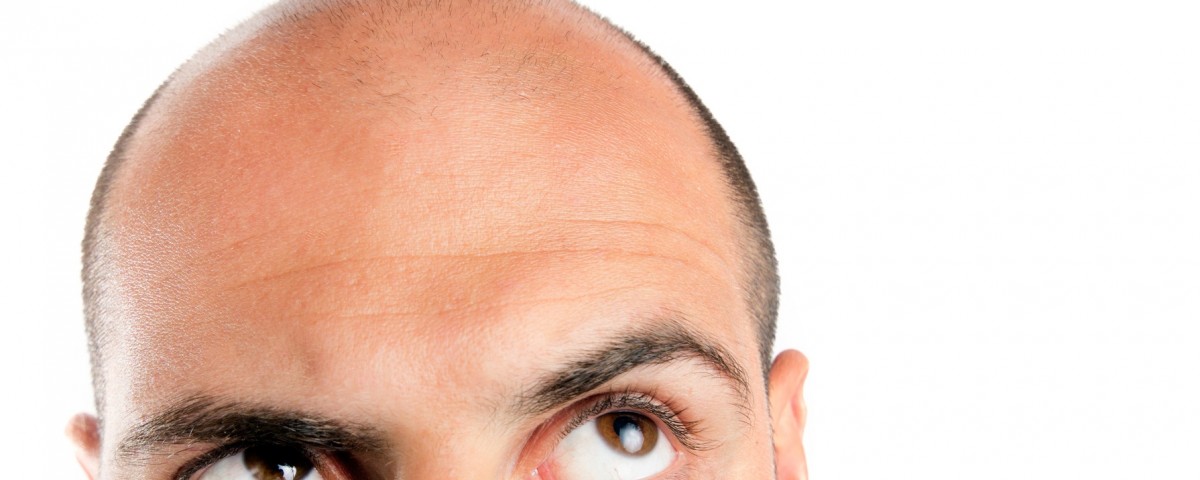- Call Us: 029 2000 2724

Who is a good candidate for a thread lift?
June 13, 2016
Top Uses For Dermal Fillers
June 20, 2016The causes of hair loss in men is a topic often given too much speculation. There seems to be a host of old wives tails pointing fingers as to why a person is starting to lose their hair. There has been a lot of research into the causes of hair loss in men and it is well worth understand the process so that we can find ways to beat it. For those who have already started to experience hair loss, there are several hair loss treatments available for you to consider.
The Causes of Hair Loss in Men
Genetics is one of the root causes of hair loss in men. Sadly you have no say in the matter. Hereditary hair loss is a result of the hormone DHT taking action on hair follicles that are genetically susceptible to a process called miniaturisation.
How Hair Grows
In normal circumstances, hair cycles through two stages, anagen and telogen. In the anagen phase, your hair is growing. This stage can last for 2-6 years at a time. After this stage has passed, the hair moves into the telogen phase in which it rests. This last for 1-4 months. The hair’s activity will cycle between the two stages through it’s lifetime.
The Effect of DHT on Hair Growth
If your hair is exposed to DHT for a prolonged amount of time then those hairs that are genetically susceptible can spend more time in the resting phase than they should do. As well as this, they spend less time in the growth stage. As the hair cycles from phase to phase it progressively decreases in size. This is called miniaturisation. The shaft of the hair gets sequentially smaller until no hair is produced at all. This is science behind the many causes of hair loss in men.
The hairs that can be affected by miniaturisation are predominantly located at the crown, the front and the top of the head. When enough hairs have fallen under DHT’s spell, a clear bald form starts to appear. This is where the general pattern of hair loss in men comes from. In most cases hair loss begins with a thinning of hair at the crown as well as a receding hairline at the temples. The hair loss can gradually progress to complete baldness or in many cases you will be left with hair at the sides and back of your head. The reason many are left with hair here is that there are many hair follicles that are resistant to DHT in those areas.
The Three Variables of Hair Loss in Men
Although all of the above is true, it is also true that some men may not lose their hair until much later in their life where as others can start to lose their hair as early as in their twenties. The three key influences to take note of in relation to this are; genes, hormones and age.
Genes and Hair Loss
You’ve probably heard the saying that hair loss comes from your mothers side of the family. This is not entirely true. There is a very slightly higher frequency of inheritance from the side of your mother. However, these genetics can be inherited from both sides. It has also been found that there are several genes involved in hair loss making it much more complicated than previously thought.
Each person has two sets of 23 chromosomes in the genes. You take one set from each of your parents. These sets of chromosomes are defined as either an X chromosome or a Y chromosome. Females have two X chromosomes where as males have one of each. There is a androgen receptor gene that is only found on the X chromosome and this is a big factor in hair loss. This receptor is not present on the Y chromosome. Hence there is twice the chance of it existing on the chromosome inherited from your mother (since she has two X’s). This does mean that there is more chance of you inheriting hair loss genes from your mothers side, however there is still a high chance that you could have inherited it from your fathers side as well. If you want to learn more about hair loss fiction, take a look at this post where we examine 7 hair loss myths.
To throw a spanner in the works there is one more significant factor. Just inheriting these genes is not enough to cause baldness. The genes must also be switch on or activated. If they sit dormant then you need not worry about hair loss. Hormones, age and stress are just a few of the more common things that can change the activity of genes such as this.
Hormones and Hair Loss
Hormones are biochemical substances that travel in the blood of the body. They are produces in various glands in the body and just a small amount of certain hormones can have a huge effect on the body. It is not until a male has gone through puberty that hormones in the bloodstream can reach a high enough level to initiate the balding process.
DHT is a derivative of testosterone, the major male sex hormone. It is this that cause the miniaturisation process we talked about above.
Age and Hair Loss
Genetics and hormones cannot causes hair loss in men without the addition of age influences. Even after ageing has permitted a person to go through puberty this is not enough for baldness to start to initiate. The hair follicles need to be exposed to DHT for a prolonged period of time also. The actual age in which these processes can occur in a person will vary from one another and will be the result of a combined effort of genetic make-up, the levels of testosterone in the blood, and the responsiveness of the hair follicle to DHT.
Although what we have discussed outlines the scientific reason behind hair loss in men, it is important to note that other factors can influence the process. For example, even if you are genetically susceptible to experience hair loss, the genes may not be active. If you go through a heavy period of stress then this can activate the genes resulting in hair loss. Overall, hair loss is a much more complicated process than previously thought. Although most factors are out of your control, trying to control stress levels in your life is something you can do to minimise the risks of future hair loss.


